Unlocking the power of blockchain for smarter NaaS
By Lily Bennett|7 August, 2024
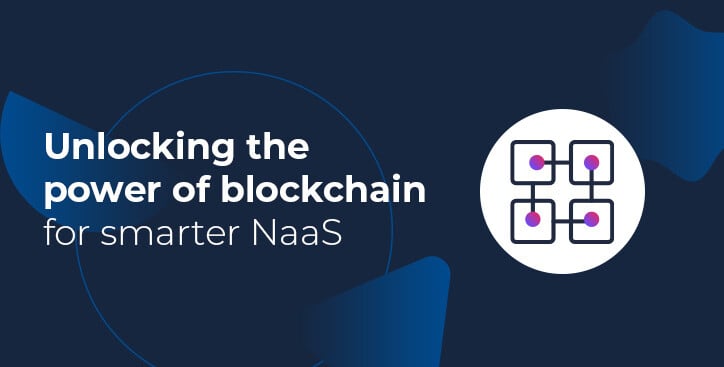
Today, businesses seek technical solutions that offer flexibility, increase efficiency and reduce costs. To meet this need, many are adopting as-a-Service models, particularly Software-as-a-Service (SaaS). A key advantage is that businesses can choose from a variety of commercial models such as, subscription-based, pay-as-you-go models, or enterprise agreements, providing access to on-demand services.
This trend is expected to grow, with IDC projecting IT spend on public cloud services and infrastructure to reach $1.35 trillion by 2027. The majority of this spending will be on SaaS (roughly 40%), followed by Infrastructure-as-a-Service (IaaS) and Platform-as-a-Service (PaaS).
However, the increasing need for on-demand services and efficient cloud consumption models brings challenges for service providers. Network-as-a-Service (NaaS) faces additional hurdles compared to other as-a-Service solutions due to the involvement of multiple suppliers at different levels. With a growing number of services, multiple vendors must work together to deliver seamless solutions to customers. These are some of the pain points NaaS providers encounter when delivering on-demand services:
- Data quality issues: Ensuring accurate and consistent data across multiple platforms can be difficult.
- Manual work: Traditional processes often involve significant manual intervention, leading to inefficiencies.
- Long processing time: Manual and outdated systems can slow down the provisioning and billing processes.
- Accurate invoicing: Discrepancies in billing can result in disputes and delayed payments.
Leveraging blockchain for automation and accuracy
Console Connect has effectively addressed these challenges using blockchain technology and automation. It has been able to do this by partnering with a number of Communications Business Automation Network Limited (CBAN) members and leading blockchain technology, where the technology has been used for the automated settlement of network services. Here’s how it works:
- Inventory-based verification process with standardised data model
By decoupling network services procurement and provisioning, Console Connect has developed a pay-as-you-go model that allows instant service provisioning. This eliminates the traditional need for prior financial approval, streamlining the entire process. The integration of blockchain technology ensures that all network services and transactions are recorded in a decentralised and immutable ledger. This ledger acts as a standardised data model, providing accurate and consistent data across the network. - Creating one source of truth for inventory and transactions
Blockchain’s distributed ledger technology ensures that all parties involved have access to a single, immutable source of truth. Console Connect uses blockchain to create a common service inventory where each carrier agrees on the details via the blockchain. This eliminates discrepancies and ensures that all data is accurate before invoicing. - Establishing externally confirmed inventory and unique billing statements
Using blockchain, Console Connect has automated the process of inventory verification and billing. Smart contracts, which are self-executing contracts with the terms directly written into code, ensure that all parties agree on the inventory, pricing, and terms before validation. This leads to unique and accurate billing statements, reducing the likelihood of disputes and unpaid invoices. - Improving data reporting for discrepancy management
The transparency and immutability of blockchain technology provide a flawless audit trail, which is invaluable for tax authorities, regulators and discrepancy management. By ensuring data accuracy and providing an auditable record, Console Connect significantly reduces the manual work associated with managing discrepancies. This results in cost reductions and improved efficiency.
Key benefits:
Aligned inventory and one source of truth: Blockchain ensures that inventory data is consistent and reliable - auditable by external parties such as tax authorities and regulators.
- Reduction of manual work: Automation and blockchain reduce the need for manual interventions, cutting down on costs and errors.
- Better cashflow and faster revenue: By streamlining the quote-to-cash process and ensuring accurate invoicing, businesses can enjoy better cash flow and quicker revenue realisation.
- Future-proof solution: The model is designed to work seamlessly with on-demand services, ensuring scalability and adaptability.
- Joint industry approach: By following industry standards, such as MEF LSO APIs, Console Connect ensures compatibility and interoperability across different systems and platforms.
This innovative use of blockchain technology demonstrates how the NaaS model can be transformed to address the challenges of billing for on-demand services. By automating processes and ensuring data accuracy, blockchain-enabled solutions improve operational efficiency and customer experience, allowing businesses to overcome traditional pain points of on-demand service models and pave the way for a more efficient, reliable and scalable future.

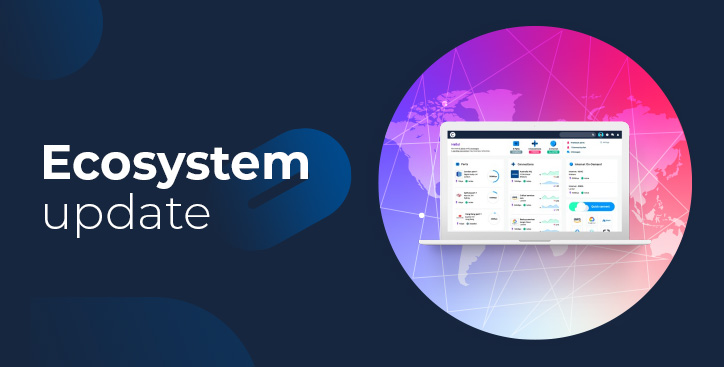
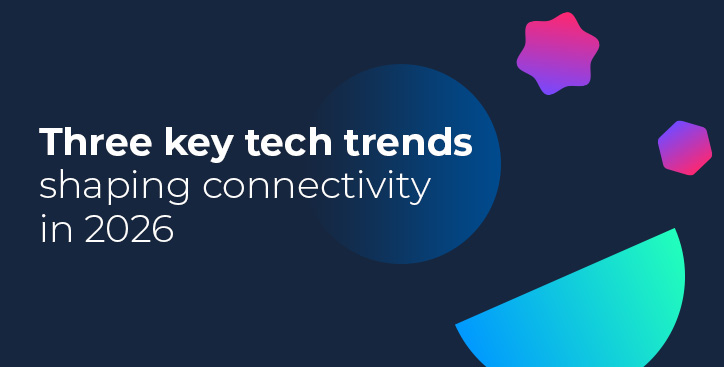

.jpg)
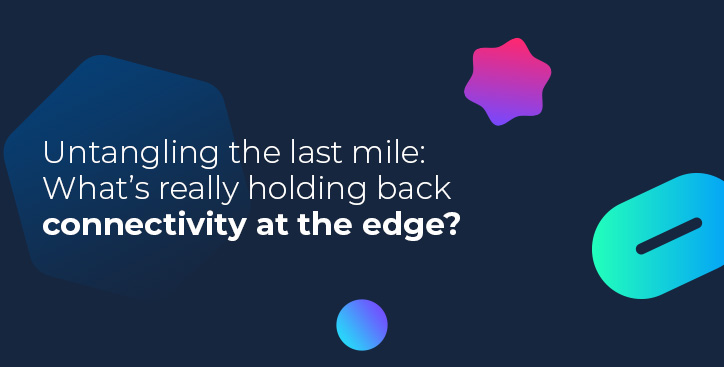
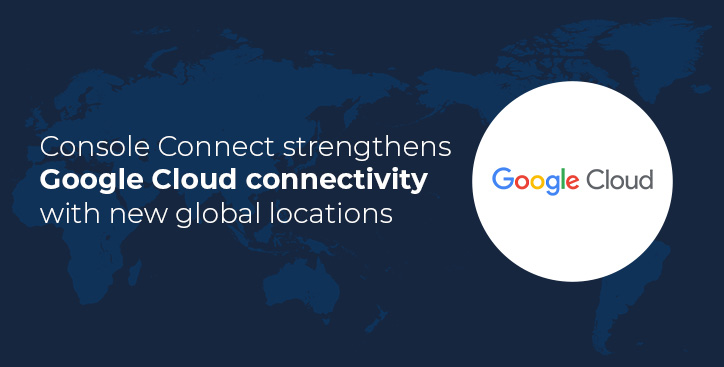
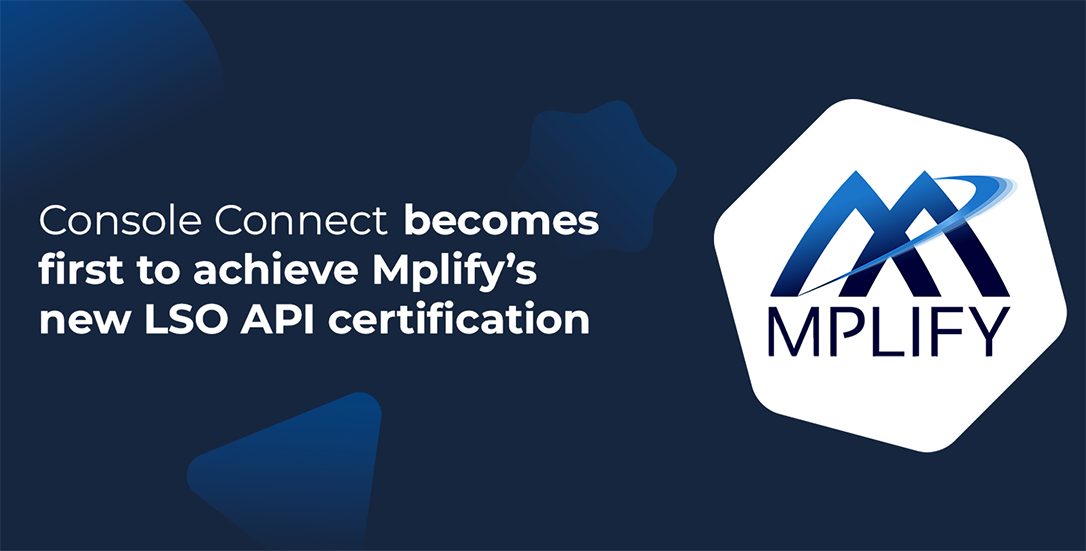

.jpg)